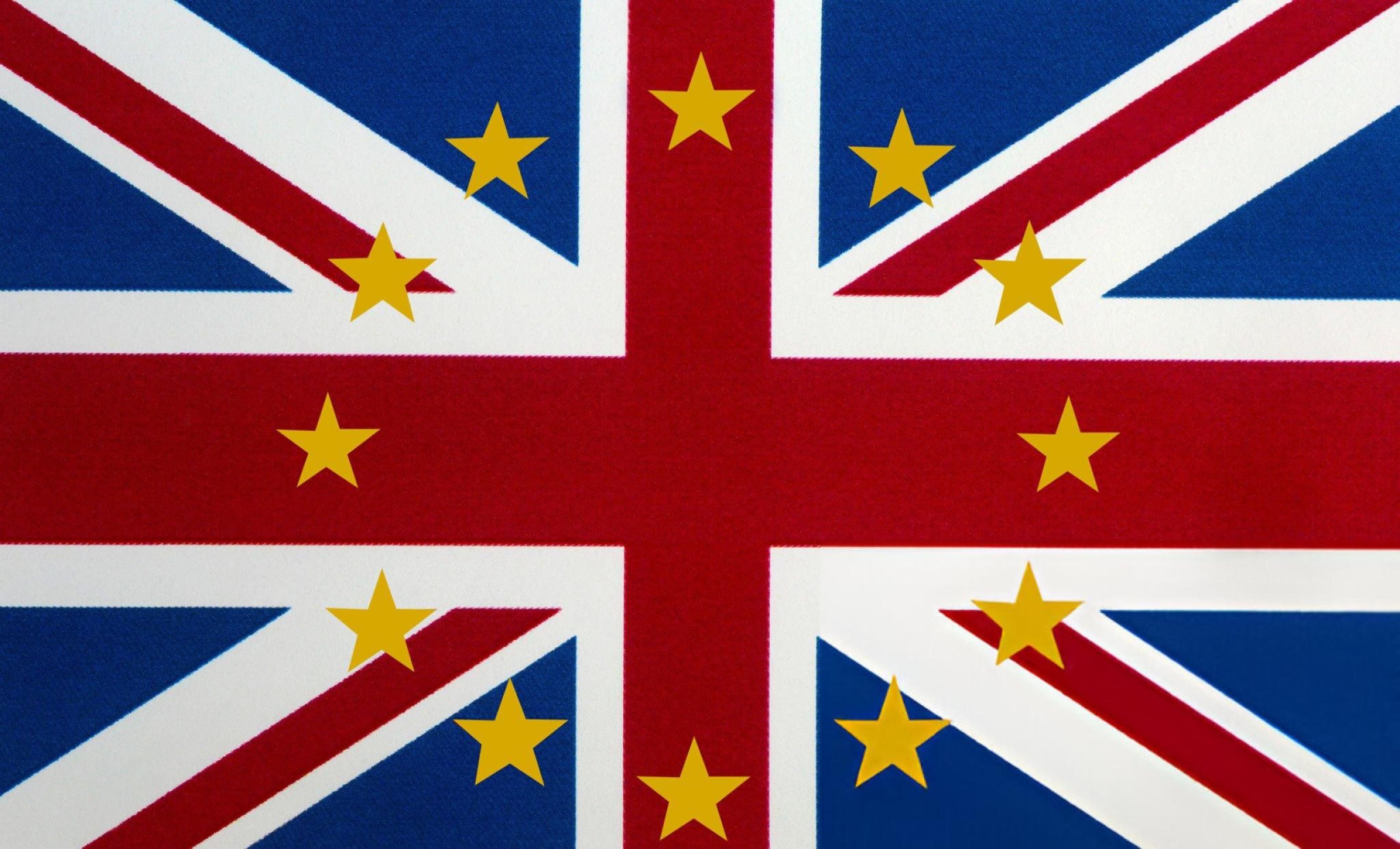UK prepared to pay to join EU defence programmes in wake of rising global tensions
In a significant shift in post-Brexit defence strategy, the UK government has signalled its readiness to “pay to play” for access to the European Union’s vast defence spending programmes, potentially worth hundreds of billions of pounds. The move, aimed at ensuring British companies are not sidelined from lucrative defence contracts, comes amid growing concerns over European security and evolving warfare dynamics.
Defence Secretary John Healey told the BBC that the UK is willing to contribute financially in return for influence. “We are prepared to pay our fair share but we want to have a say in the programmes, while retaining UK intellectual property and export opportunities,” he stated. Healey also committed that three-quarters of any British defence funding intended for Ukraine would be spent with UK-based companies, reinforcing the government’s effort to link foreign policy with industrial growth.
European commission officials have made it clear that the UK, now outside the EU, must financially commit to be granted access to its burgeoning defence ecosystem. The EU is mobilising substantial resources, with commission President Ursula von der Leyen announcing plans earlier this year to raise up to €800bn (£680bn) to strengthen the bloc’s defence capabilities and support Ukraine in its ongoing war with Russia.
This strategic pivot follows the 80th anniversary of VE Day, a stark reminder of Europe’s wartime past, which now gives way to anxieties about future conflicts. With Russian aggression in the east and the United States signalling a diminished appetite for global military leadership, Europe is urgently reassessing its security posture.
UK defence manufacturers, particularly BAE Systems, are already responding. The BBC was granted rare access to BAE’s artillery plant in Washington, Tyne and Wear, which now runs 24 hours a day to meet the soaring demand for 155mm shells — a critical component in Ukraine’s resistance against Russia. The facility, along with another in South Wales, is planning to boost production sixteen-fold within five years.
Steve Cardew, BAE’s munitions chief, highlighted the need for both expansion and resilience. “Fundamentally, it’s about more manufacturing capacity, and it’s also about building resilience in our supply chain,” he said. “Explosives and propellants are now being sourced more domestically, where we have more control and sovereignty.”
The defence contractor has added 15,000 staff over the past five years and invested £1bn in UK operations. Cardew noted that this reflects a broader transformation in the company’s industrial strategy, aligning closely with the government’s renewed focus on national security.
Healey believes this is not only necessary for defence but also a boon for the economy. “We need to respond to an insecure world, but by doing so we will boost British business,” he said. Defence already supports 400,000 jobs and 12,000 companies across the country, and he hopes future spending increases will be reflected in employment figures.
Plans are already in motion to raise defence spending from 2.3% to 2.5% of GDP by 2027, with £6bn of funding redirected from the international aid budget. However, some experts caution that this increase may not lead to flashy new equipment in the short term.
“There are more priorities than money,” said Matthew Saville, director of military sciences at the Royal United Services Institute. He expects initial spending to focus on training, recruitment, and modernising infrastructure, such as accommodation, rather than on tanks and aircraft.
The nature of war itself is changing too. Drones have played a defining role in Ukraine’s defence, and the country has become Europe’s largest drone manufacturer. BAE Systems, however, is not far behind, claiming the second spot in Europe thanks to recent acquisitions.
Since Russia’s invasion of Ukraine in 2022, BAE’s share price has tripled, underscoring the growing demand for military equipment. As Europe retools its defence landscape, UK industry is poised to play a leading role — provided the government is willing to invest.
With history as a sobering backdrop and future threats looming, the UK appears ready to re-engage with Europe’s defence apparatus — not just as a neighbour, but as a paying partner with a stake in the continent’s security.






